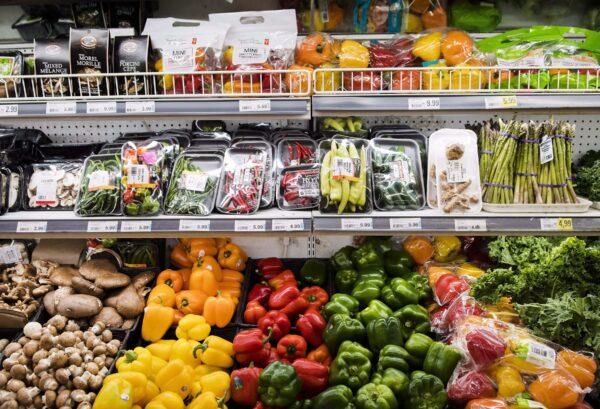Parliament should consider implementing a new tax on excess profits for grocers, a House of Commons committee is suggesting, despite Canada’s grocery-store CEOs unanimously denying that they’ve profited on inflated food costs over the past year.
“Despite the range of inflationary pressures discussed above, some large firms in certain sectors have reported record earnings, leading some to question whether firms may be contributing to inflation by driving up prices,” wrote the Commons Standing Committee in Agriculture in a report published on June 13, as first reported by Blacklock’s Reporter.





